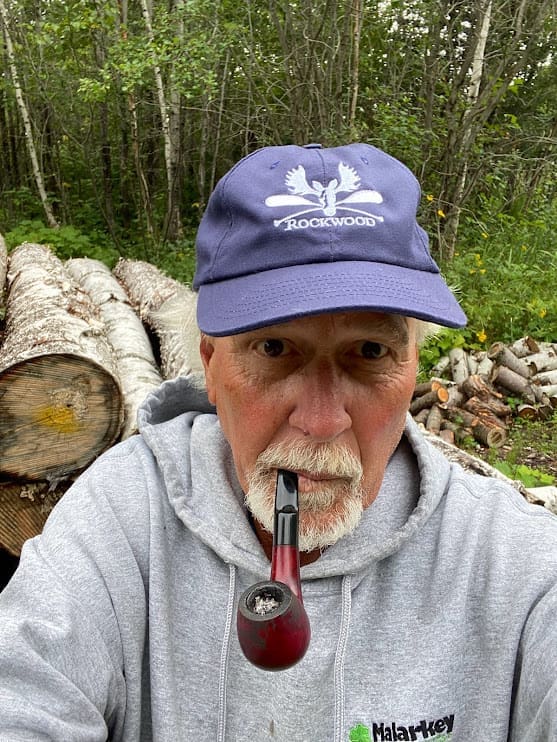During the last years of my active involvement in party politics in Nevada, I found myself tarred with the label “racist” by a group of my fellow Democrats.
The event that led to this labeling occurred at a county central committee meeting sometime in the 2000s. These are often raucous and disorganized events. When attending these types of meetings, I spent much time in sidebars with a few people at a time while the body considered resolutions. As a candidate to chair the state party, I found these sidebars necessary. During one of them, I missed the chance to vote on a resolution introduced by one of the caucus leaders. And for that sin of not voting, I earned the racist label.
I was reminded of that minor irritation when I ventured a comment on a Facebook post by a popular local FB poster. Following a recent high school football game between long-time rivals Duluth East and Denfeld, a video surfaced on social media showing an East student directing a racial slur at a Denfeld player. The Duluth Public Schools district promised to conduct an investigation and take disciplinary action where needed.
The people who’d commented before me were properly outraged that this kind of behavior is happening. They hoped that the punishment the school district would undertake would show the outrage and deter future use of racial slurs in the unending and often intense taunting that takes place during competitive athletics.
I think of myself as a realist, but sometimes I may be just an antagonist. I commented, “Much ado about nothing,” because I’ve seen school districts’ efforts fail to address behavior issues that have more to do with upbringing and society at large than school. In my haste to move through a backlog of social media drivel, I didn’t consider the fact that most responses to my post would point out that racial slurs “aren’t nothing” and if I weren’t an old white man, I’d know that. I think “racist” was implied.
My comment was a cynical reaction to the predictable limitations of the school’s response, not a judgment on the severity of the slur itself. The slur is a serious matter, but I doubt a suspension will, by itself, fix a societal problem.
The Bohunk and I raised four outstanding citizens through the frustrating muck that is organized sports and public school management. One of our daughters played on a traveling basketball team that operated on the umbrella of her high school program. More than once at weekend tournaments, I was appalled at the language of parents and family of her teammates. I don’t recall racial slurs, but shouts of words associated with fornication and others rhyming with witch came out of the mouths of middle-aged moms and dads frustrated by the intensity of competition. Also, more than once, I found myself on the court after a game apologizing to the opposition coach and parents for the behavior of some parents and players on our team.
I vividly remember when our youngest entered Jefferson High School. At the parent meeting in the school auditorium before the term started, a beloved hockey coach was at the podium, and a dozen or so upperclass students were seated on the stage. The coach said something to the assembled parents about rumors of a drug problem in the school. He asked the students on the stage if that was true. In unison, they responded, “No, we just say no.” Having three previous kids go through the school, we knew that some of those on the stage never said no. Thus, my cynicism is that school administrators might actually solve social problems.
Taunting and banter between athletic teams and their supporters is rampant. Have you seen a pro football or hockey game lately? How about pro wrestling or the UFC?
Though it always risks crossing the line into unacceptable behavior, trash talk is a form of psychological warfare in athletics. The main goal is to disrupt an opponent’s focus.
What begins as lighthearted banter can devolve into bullying, verbal abuse, or harassment. Especially when it becomes personal or targets an individual’s protected characteristics like race, gender, or sexual orientation.
In my youthful naivety, I believed in the role of sportsmanship and the concept of fair play. You don’t hear too much about those today.
Given the prevalent culture of trash talk in professional sports, video games, and politics, it’s not surprising that teenagers resort to taunting and eventually use insensitive slurs. This societal influence on youth behavior should prompt us to reflect on the broader issues at play, rather than expecting school administrators alone to solve the problems.


